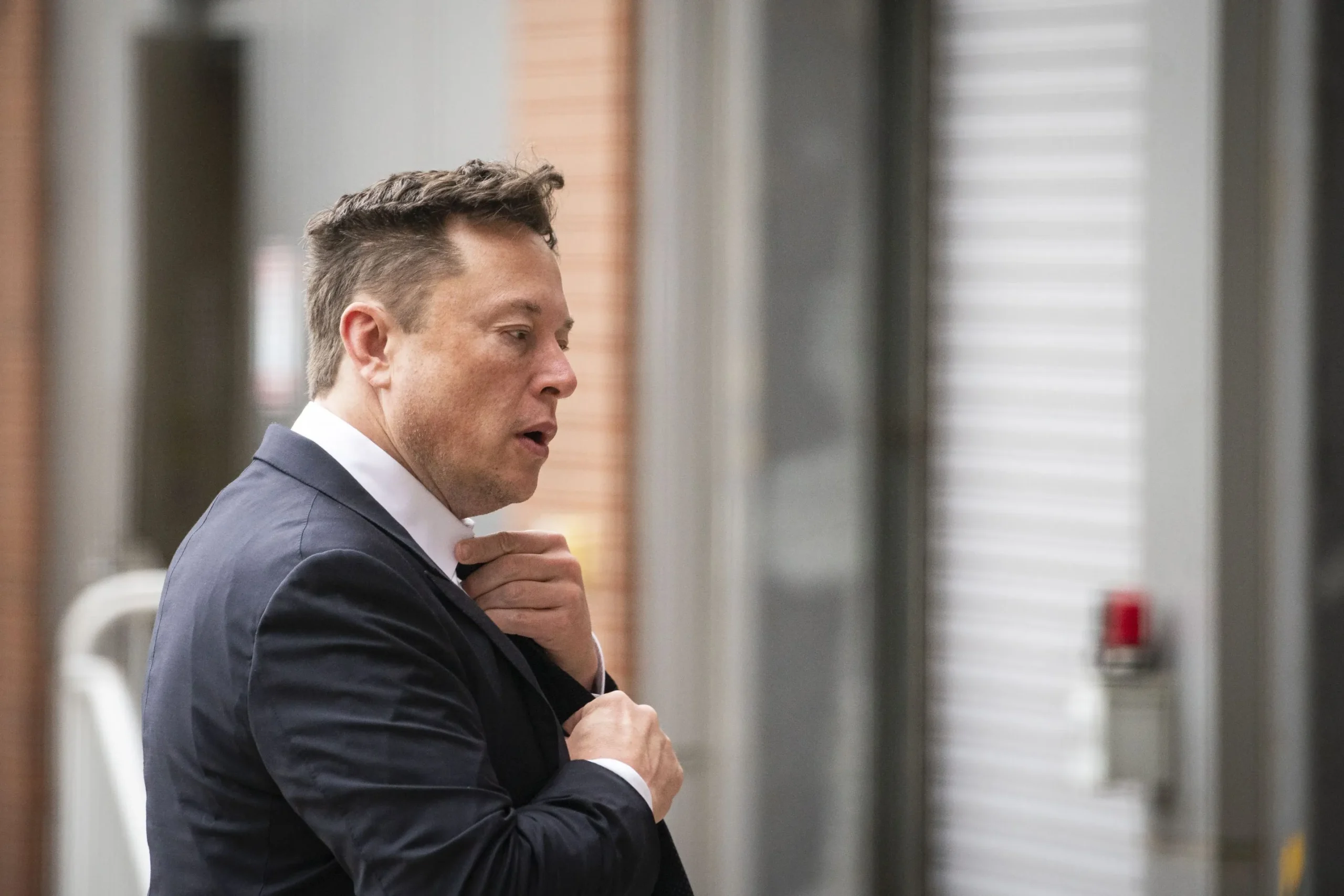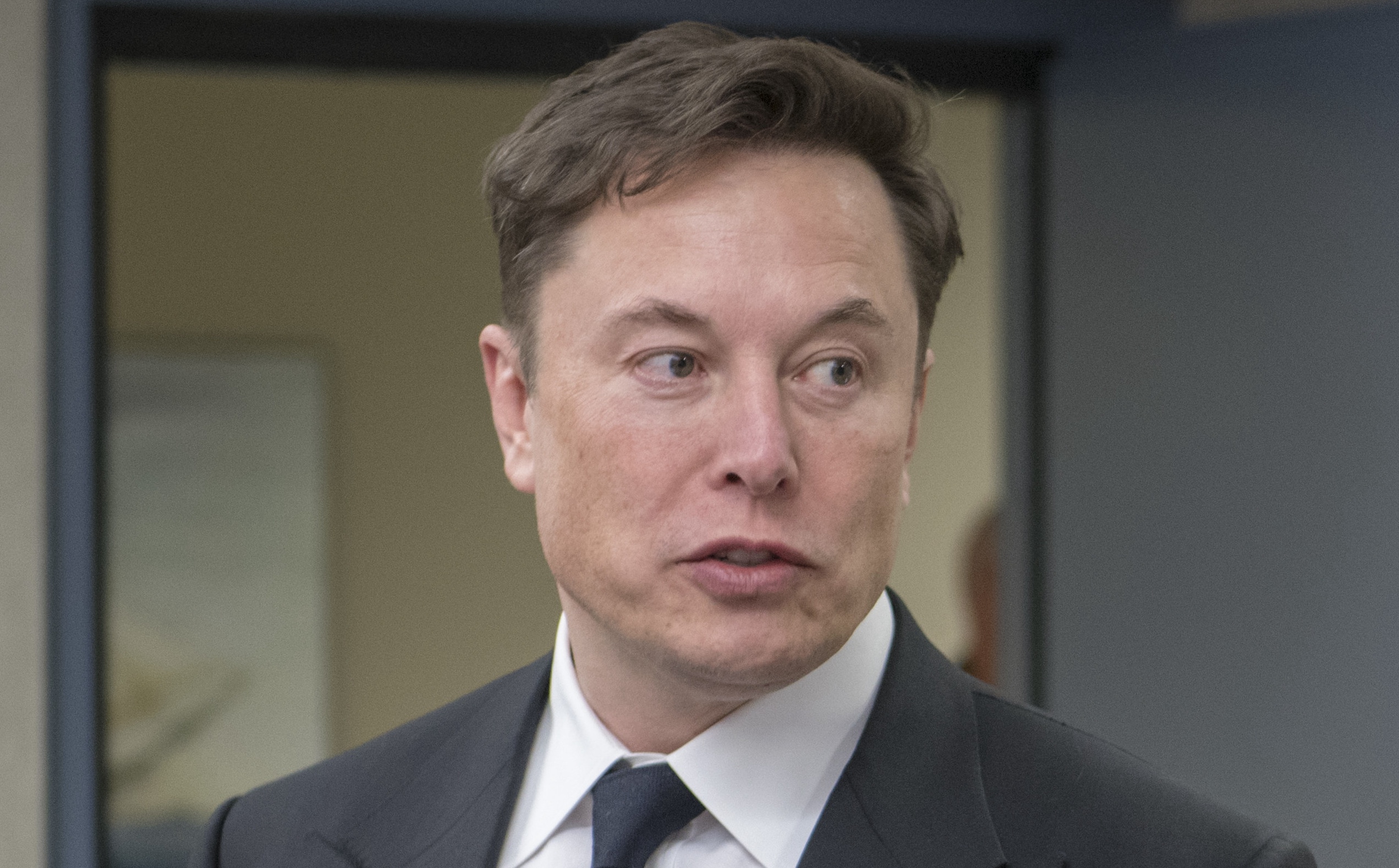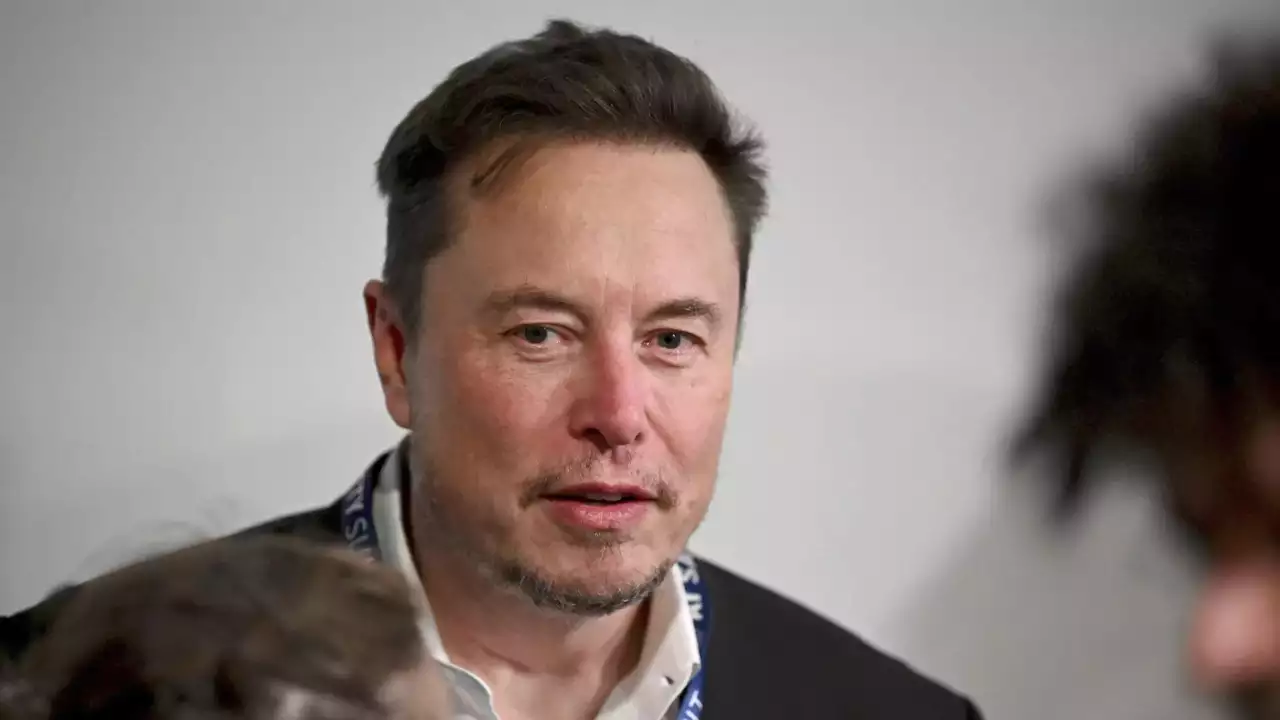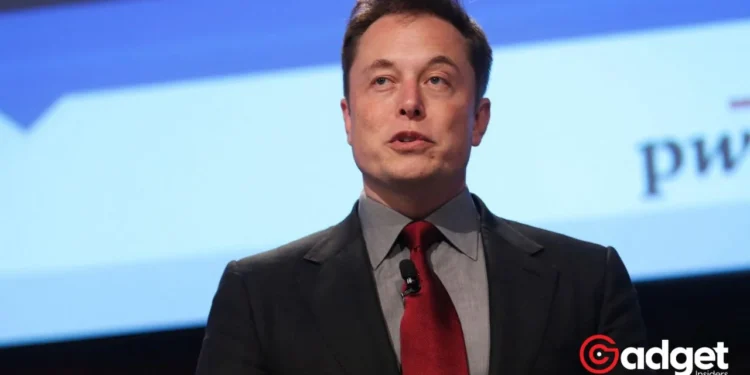In what has rapidly escalated into one of the most contentious legal battles in the corporate world, Elon Musk finds himself at the center of a storm that encapsulates the complexities of executive compensation, shareholder rights, and the intricate dance between law and corporate governance. The saga unfolded with a staggering request from lawyers, a response from Elon Musk that pulled no punches, and a potential reshaping of corporate landscapes that could set precedents for years to come.
The Unprecedented Legal Request
The recent uproar began when attorneys involved in a significant Delaware case concerning Elon Musk’s compensation package at Tesla made an eye-catching request. These legal representatives sought an award of 29 million Tesla shares, translating to a nearly $6 billion value.
This request came in the wake of a decision by Judge Kathaleen McCormick of the Delaware Court of Chancery to reject Musk’s whopping $55.8 billion compensation package. This decision was rooted in a 2018 case brought forward by shareholder Richard Tornetta, challenging the fairness and legality of Elon Musk’s compensation.

Why Shares Instead of Cash?
“We are prepared to ‘eat our cooking,’” Tornetta’s lawyers wrote. “This structure has the benefit of linking the award directly to the benefit created and avoids taking even one cent from the Tesla balance sheet to pay fees. It is also tax-deductible by Tesla.”
The Corporate Reaction
The response from Tesla and Elon Musk was swift and unequivocal. He took to social media platform X, unleashing a barrage of criticism towards the lawyers’ request, labeling it “utterly disgraceful,” among other things.
Rohan Patel, Tesla’s Vice President of Public Policy and Business Development, echoed this sentiment, emphasizing the widespread disapproval expected among Tesla employees.

A Legal and Financial Quandary
This legal skirmish raises questions about the future of executive compensation and corporate governance. With the attorneys’ fee potentially being the largest ever requested, as noted by Tulane University Corporate Law Professor Ann Lipton, the case underscores the staggering figures often at play in the upper echelons of corporate America.
Musk responds to pay case lawyers requesting $6 billion in Tesla shares https://t.co/ErWLuzWqeq
— Rocking This Tesla (@RockerKevin) March 3, 2024
Elon Musk’s Strategic Maneuvers
In a bold move following the court’s decision, Elon Musk signaled intentions to relocate the incorporations of his other ventures, including SpaceX, The Boring Company, and Neuralink, out of Delaware.
This maneuver speaks volumes about the strategic considerations behind corporate domicile choices, especially in light of legal challenges.

Looking Ahead: Implications and Anticipations
As Tesla gears up to appeal the decision, the tech and legal communities watch closely. The outcomes of this battle could influence not only the future of Tesla but also set critical precedents for how executive compensation packages are structured, challenged, and defended in a court of law.
This saga, unfolding at the intersection of law, finance, and innovation, underscores the delicate balance between rewarding innovation and protecting shareholder interests. As developments continue to emerge, the case could very well redefine the boundaries of legal and corporate governance norms for years to come.










